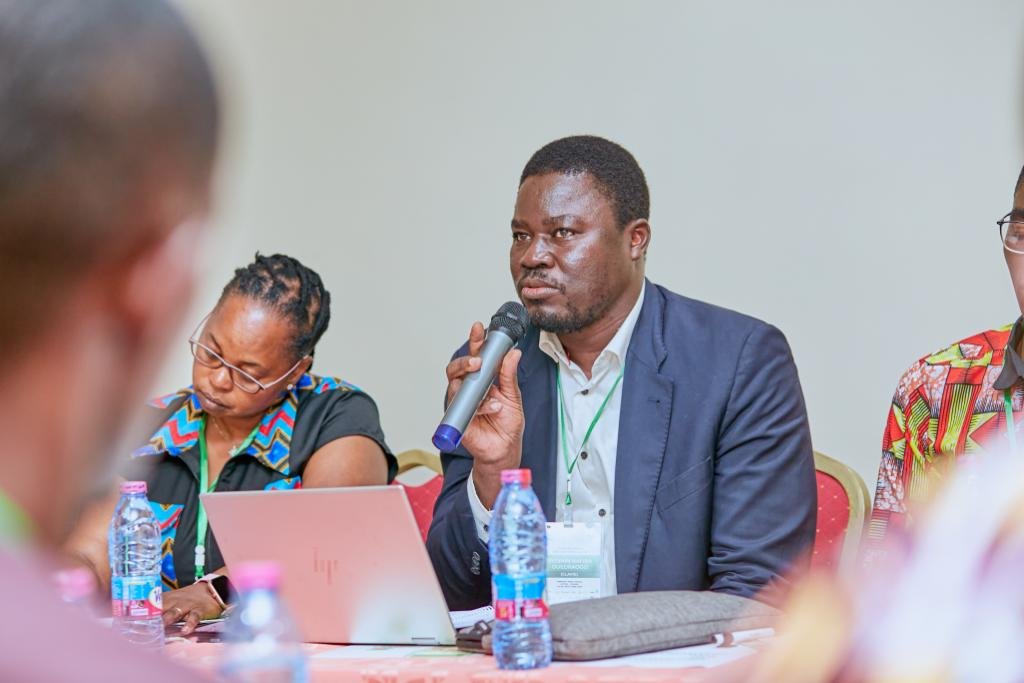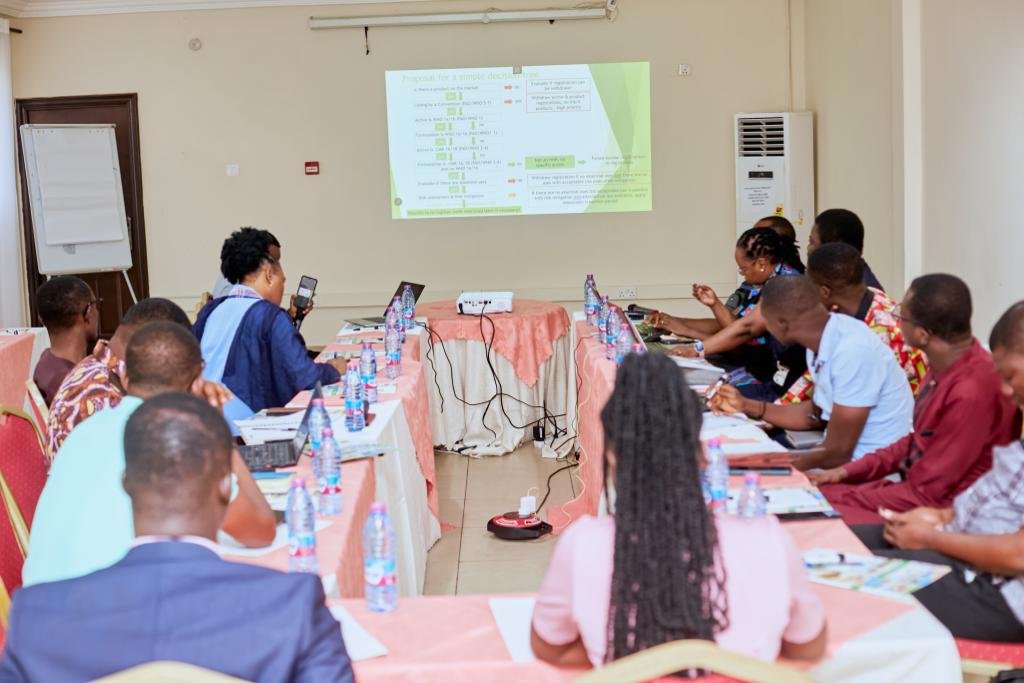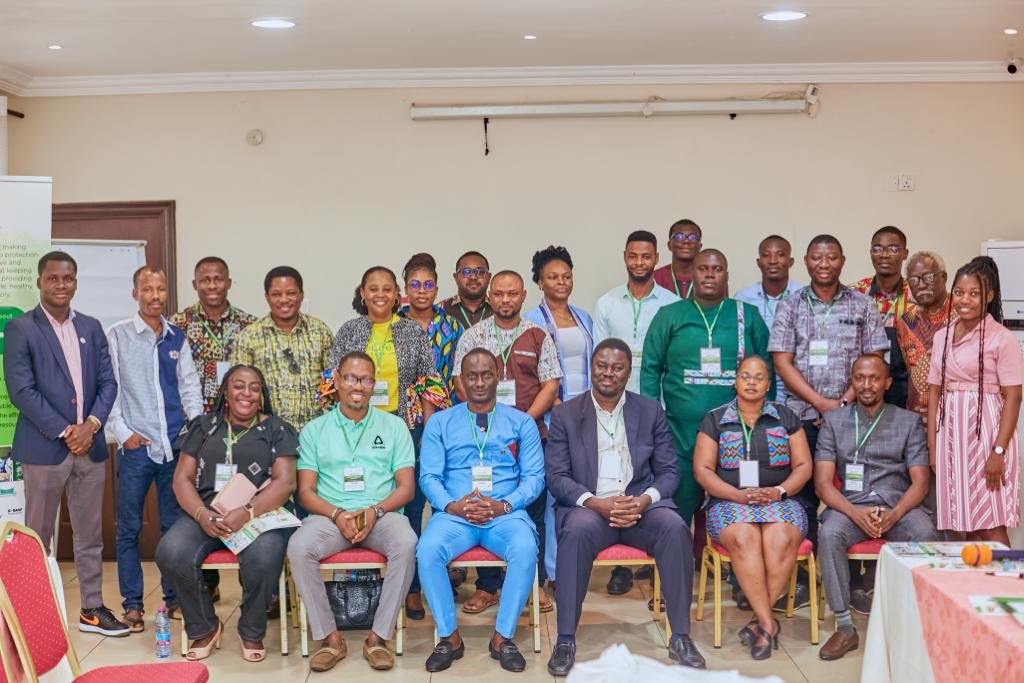Fumesua (Ash), Oct.19, GNA – The Environmental Protections Agency (EPA) has warned against the use of minors in the sale and distribution of pesticides and other harmful agro-chemicals in the country.
Mr. Samuel Oteng, Ashanti Regional Director of the EPA, says the law regulating the importation, manufacturing, distribution and sale of pesticides, bar children under 18 years of age, from serving as shop keepers or selling and buying of these products.
He has therefore charged importers and dealers in these products to be conversant with the laws and regulations guiding their business operations and desist from using children as shop keepers.
Mr. Oteng was speaking at a capacity building workshop on Ghana’s pesticide laws and regulations, for selected staff of the Directorate of Public Prosecution (DPP) of the Attorney General’s (AG) Department and journalists in the Ashanti region at Fumesua in the Ejisu Municipality.
It was organised by the Executive Committee of Croplife Ghana (CLG) in collaboration with Croplife Africa Middle East (CLAME), the EPA and the Plant Protection and Regulatory Services Department of the Ministry of Food and Agriculture (MOFA).
It aimed at equipping the journalists with appropriate information to enable them to create the needed awareness on the pesticide laws and regulations among the public, while helping the prosecutors to acquaint themselves properly with enforcement strategies and prosecution processes of the law.
The CLAME is non-profit organisation representing the leading global manufacturers of pesticides seeds, and biotechnology products in Africa and the Middle East.
Mr. Oteng pointed out that, effective public awareness on the laws and regulations (Act 490) 1996, which sought to guide against illegal pesticides in the country were long overdue.
He said the manufacturing, distribution, wholesaling and retailing, exporting or importing of pesticides, needed to be registered or receive environmental permit before one could engage in such a business.
He said product counterfeiting, especially of pesticides and other agro-chemical products was a serious concern which needed the attention of all.
Mr. Oteng pointed out that the effect of counterfeiting was that it could eliminate the incentive for plant science companies to continue to invest considerable time and money in the development of new technologies that could help assure domestic and global food security and alleviation of hunger and poverty.
According to him, the EPA had been educating farmers on ways to identify the right and approved pesticides from fake ones to improve their crop yields and safety.
The EPA was also monitoring the packaging, loading and the transportation from one place to another destination of pesticides in the country.
Mr. Oteng called on manufacturers to explicitly display their registration details on the products to make them easily identifiable to farmers and other users.
Mr. Bama Yao, Regional Director, West and Central Africa of CLAME, said the CLAME and its national associations were the voice and advocates of the plant science industry, contributing to sustainable, innovative and science-based crop protection solutions to keep crops healthy and sustainable food supply.
The aim, he said is to help unleash the great potential of plant science to improve sustainable agriculture, raise awareness and build understanding of the benefits of plant science.
Source : https://gna.org.gh/2022/10/epa-warns-against-using-minors-in-selling-pesticides








